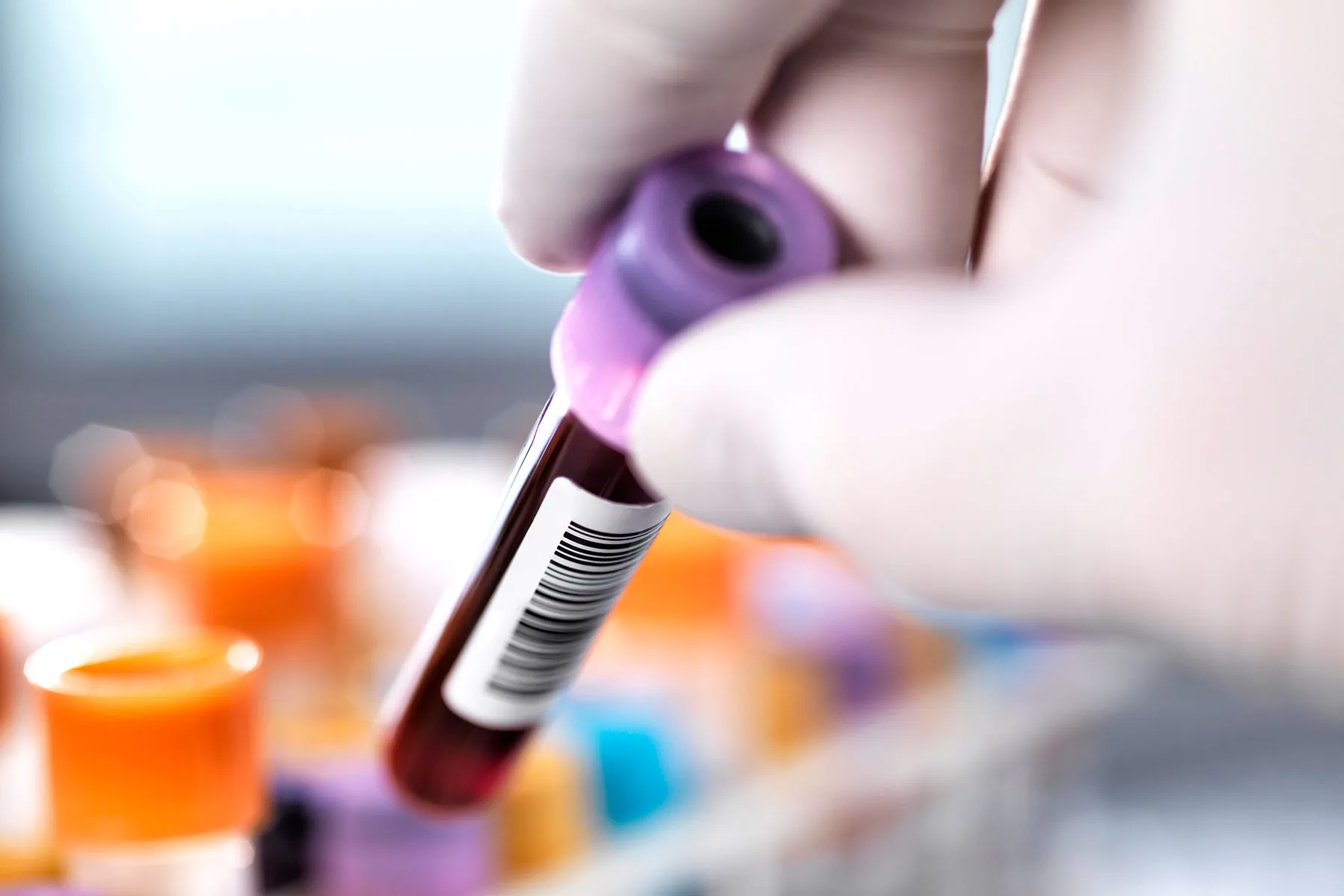
New Blood Tests for Colorectal Cancer Approved by FDA: What You Need to Know
Two new blood tests for detecting colorectal cancer have recently been approved by the Food and Drug Administration (FDA). These tests, Shield from Guardant Health and a fecal immunochemical test (FIT) from Exact Sciences, offer alternative options for colonoscopies in screening for this type of cancer. In this article, we will discuss these new tests, their accuracy rates compared to colonoscopies, and what they mean for colorectal cancer screening.
First Approval: Guardant Health's Shield Test
Guardant Health's Shield test has been available since 2022 but is not yet covered under Medicare. The FDA approval brings the test closer to gaining coverage under this insurance program. The test is recommended for adults aged 45 and older who are at an average risk for colorectal cancer.
According to a study, Shield detected 83% of colorectal cancers. While it may not be as effective as colonoscopies in detecting precancerous polyps, it is considered more convenient and less invasive than traditional screening methods. However, the self-pay price for the FDA-approved version of Shield has not been announced yet.
Second Approval: Exact Sciences' FIT Test
Exact Sciences' FIT test is a stool test that has been available since 2014 and is covered under Medicare. The FDA approval for this test means it can now be marketed as a screening tool for colorectal cancer, in addition to its current use as a follow-up test after an abnormal colonoscopy result.
The FIT test has a sensitivity rate of 92.3%, making it more effective than Shield at detecting colorectal cancers. However, it is less accurate in identifying precancerous polyps and may require additional testing to confirm positive results.
Comparing the Tests: Colonoscopies vs. Blood Tests
Colonoscopies are considered the gold standard for colorectal cancer screening due to their high accuracy rates in detecting both cancers and precancerous polyps. However, they are invasive procedures that require sedation and bowel preparation.
Blood tests like Shield offer a more convenient alternative, as they do not require bowel preparation or sedation. They also provide quicker results compared to colonoscopies.
However, it is important to note that blood tests may not be as effective in detecting precancerous polyps and may require additional testing for confirmation of positive results.
Conclusion: New Options for Colorectal Cancer Screening
The approval of these new blood tests provides more options for individuals who prefer less invasive screening methods or have difficulty undergoing colonoscopies. While they may not be as effective as colonoscopies in detecting precancerous polyps, they offer a more convenient and quicker alternative for colorectal cancer screening.
It is important to remember that regular screenings are crucial for early detection and prevention of colorectal cancer. Regardless of the method chosen, it is essential to follow up on any abnormal results with additional testing.



